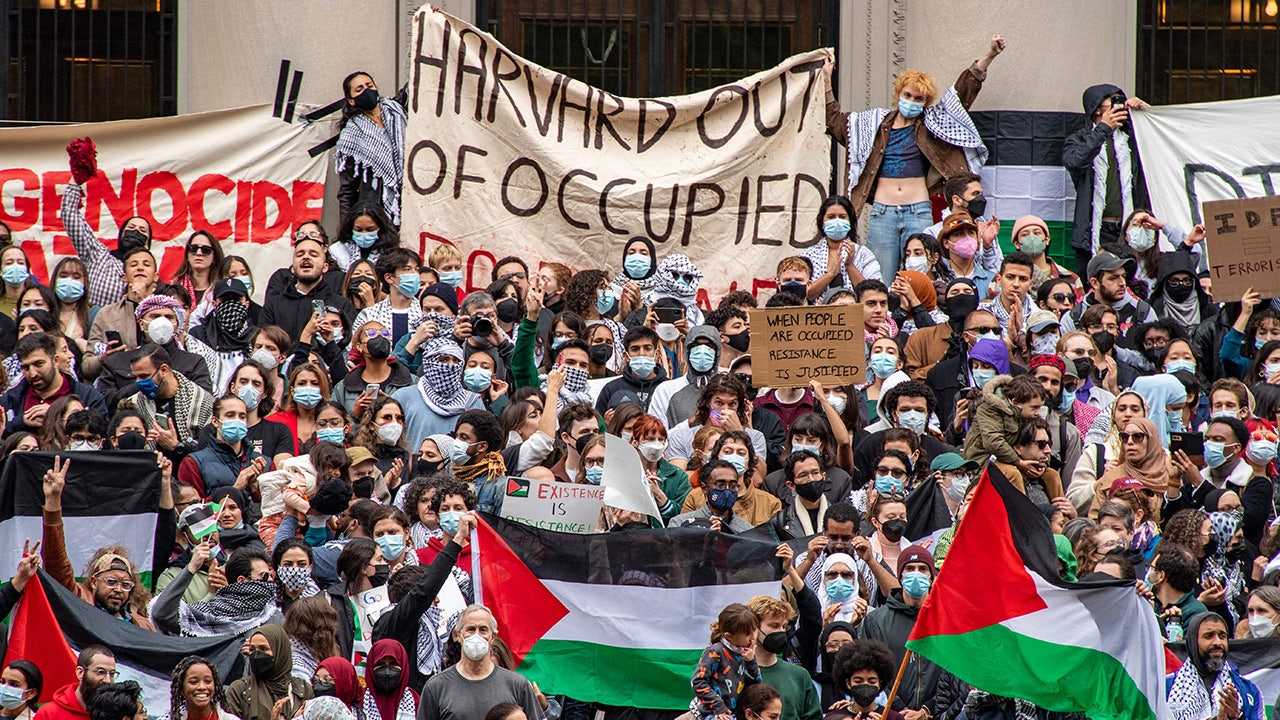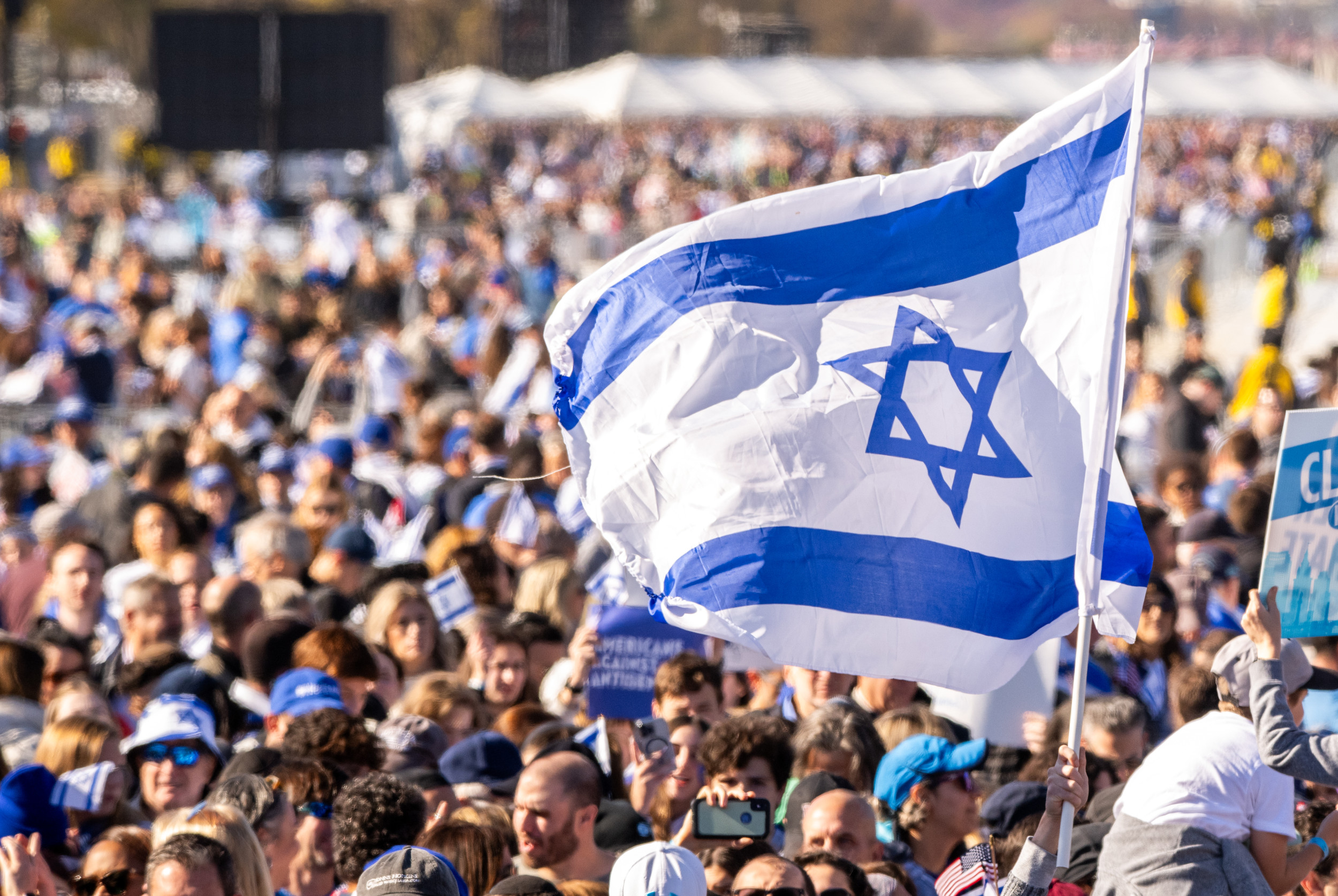Harvard, MIT presidents to testify to Congress about antisemitism on campus
”Over the past several weeks, we’ve seen countless examples of antisemitic demonstrations on college campuses,” Foxx said in a statement. “Meanwhile, college administrators have largely stood by, allowing horrific rhetoric to fester and grow. . . . By holding this hearing, we are shining the spotlight on these campus leaders and demanding they take the appropriate action to stand strong against antisemitism.”
Chaired by Representative Virginia Foxx, a conservative Republican from North Carolina, the committee announced in a news release Tuesday a hearing with college presidents on Dec. 5 titled “Holding Campus Leaders Accountable and Confronting Antisemitism.”
The presidents of Harvard University, MIT, and UPenn are set to testify on Capitol Hill next week about their efforts to address antisemitism on their campuses, according to the schools and the House Committee on Education and the Workforce.
Massachusetts Institute of Technology spokesperson Kimberly Allen said that Sally Kornbluth, the institute’s president, “welcomes the opportunity” to testify before the committee. Harvard spokesperson Jason Newton said that Harvard President Claudine Gay has accepted the invitation to testify “President Gay looks forward to sharing updates and information on the university’s work to support the Harvard community and combat antisemitism,” Newton said. University of Pennsylvania President Elizabeth Magill is also slated to testify. “President Magill understands the critical importance of fighting antisemitism and other forms of hate on Penn’s campus and looks forward to sharing the actions Penn is taking at next week’s hearing,” a spokesperson for UPenn said. Tensions over the Israeli-Palestinian conflict have roiled campuses in recent weeks following the Oct. 7 Hamas attack in Israel, and amid the war that has followed. Demonstrations calling for the safe return of hostages held by Hamas and rallies calling for a cease-fire in Gaza have become regular occurrences. Some Jewish students and alumni have pointed to rhetoric at pro-Palestinian rallies that they view as antisemitic, including the phrase “from the river to the sea,” which Gay has condemned. But there remains contentious disagreement over that phrase , and more broadly, over where to draw the line between deeply felt anti-Israel beliefs and blatant antisemitism. On a handful of campuses, including at Cornell University and UMass Amherst, Jewish students have allegedly been threatened and physically attacked . Last month, Gay convened a group of advisers, including faculty, staff, alumni, and Jewish religious leaders, to combat antisemitism at Harvard. “As we grapple with this resurgence of bigotry, I want to make one thing absolutely clear: Antisemitism has no place at Harvard,” Gay said in a speech last month at Harvard Hillel, a Jewish campus group. “For years, this university has done too little to confront its continuing presence. No longer.” The university also last month created a separate task force to help students who were doxxed by conservative groups for purportedly supporting a controversial statement that was interpreted by many to justify the Oct. 7 Hamas attack. Earlier this month, Kornbluth launched a commission at MIT called “Standing Together Against Hate,” to address antisemitism and other forms of hate. The Anti-Defamation League has recorded dramatic increases in antisemitic incidents across the United States since Oct. 7, including on college campuses. At the same time, the Council on American-Islamic Relations says that hate incidents against Muslims in the US have been on the rise in recent weeks. Tensions over the Israeli-Palestinian conflict have been simmering at elite schools like Harvard for years , with Jewish students saying that pro-Palestinian advocacy often crosses a line and contributes to a hostile environment, while pro-Palestinian students have long alleged an institutional, and donor, bias against their activism. The controversies ignited last month over disputes about how to talk about the Hamas attack, which included the murder of families in their homes, kidnapping of children, and a mass slaughter of civilians at a music festival. Some student groups issued inflammatory statements about the attack, even offering open praise in the most extreme cases, which enraged many alumni at top institutions. In the days after, university leaders came under intense pressure to denounce the Hamas attack, or Israel, or both, or neither, or students who spoke about the conflict. As Israel pummeled Gaza to go after Hamas — killing thousands of civilians, burying children under rubble, and displacing cities’ worth of people — tensions ratcheted even further at American universities. There have been physical attacks on Jewish students, arrests at pro-Palestinian demonstrations, and student takeovers of university buildings, in an escalating cycle of campus unrest not seen since the Vietnam War. Hilary Burns can be reached at . Follow her .



















